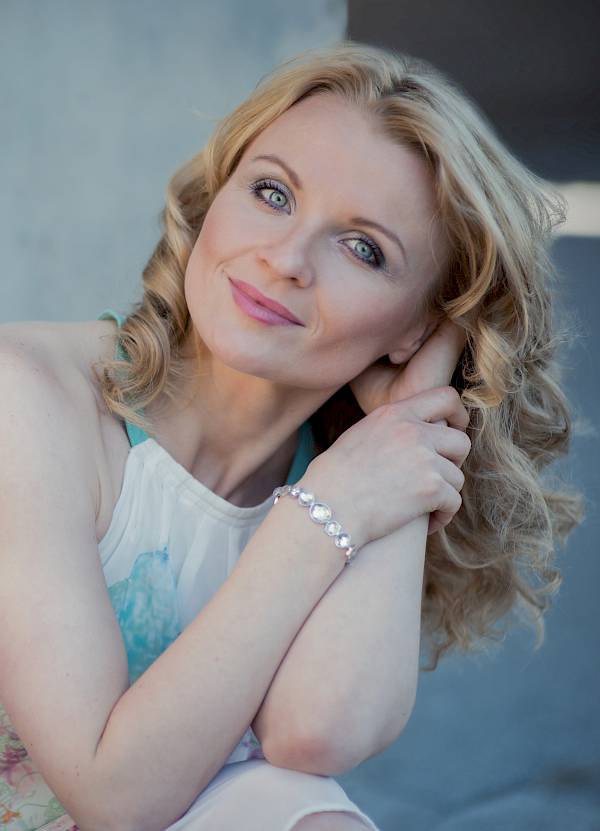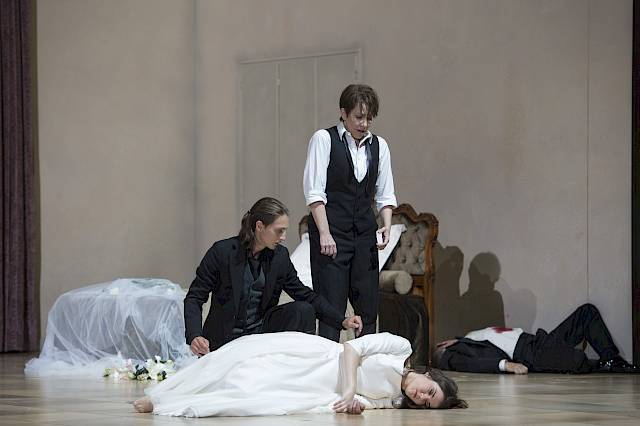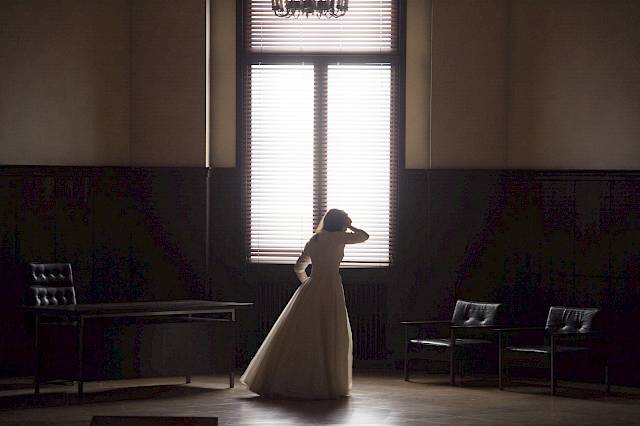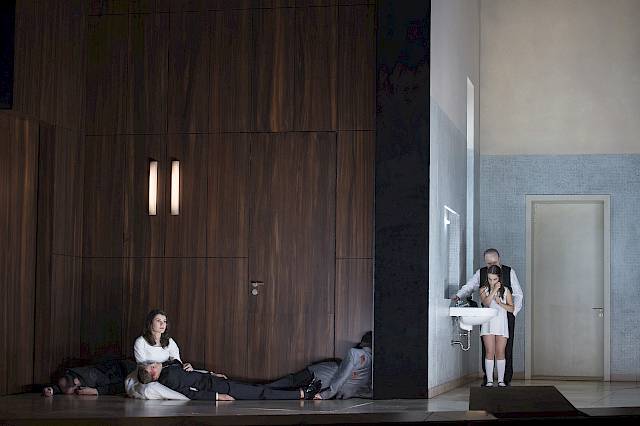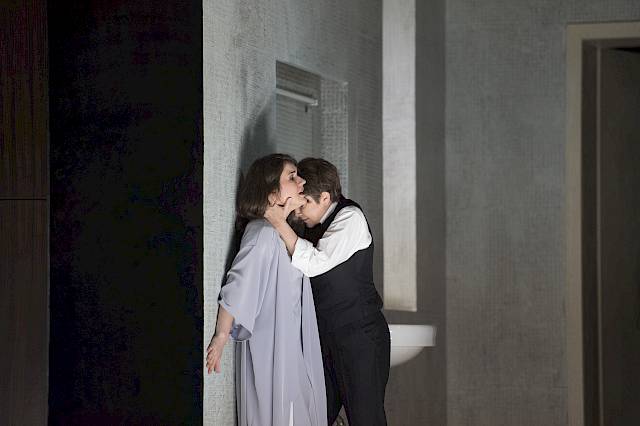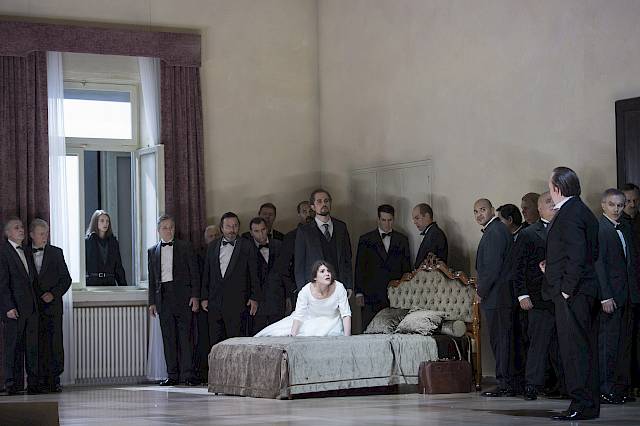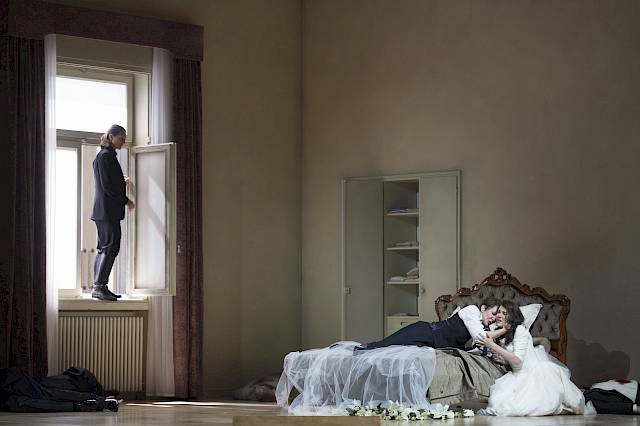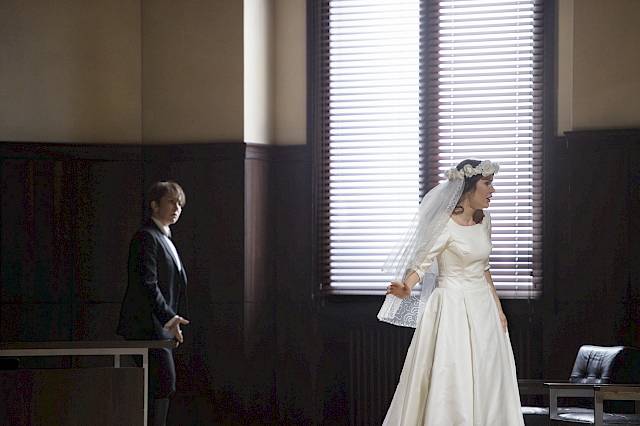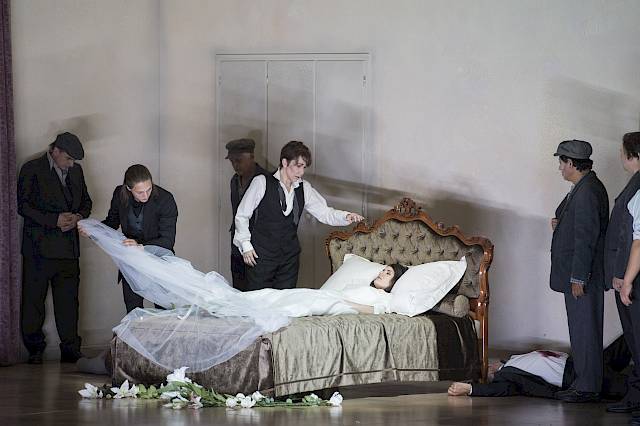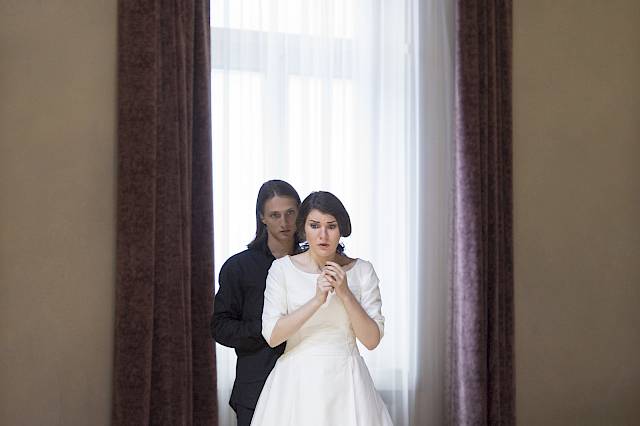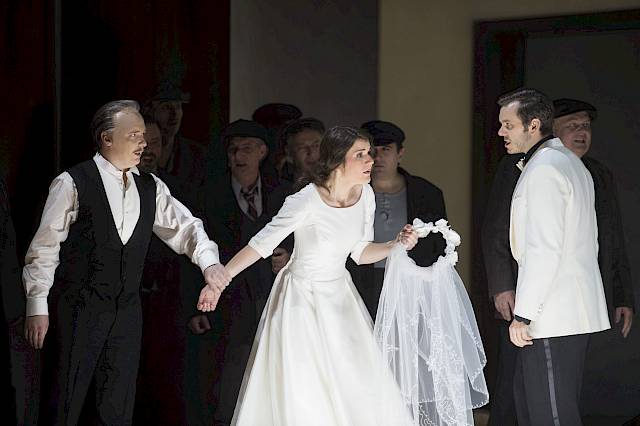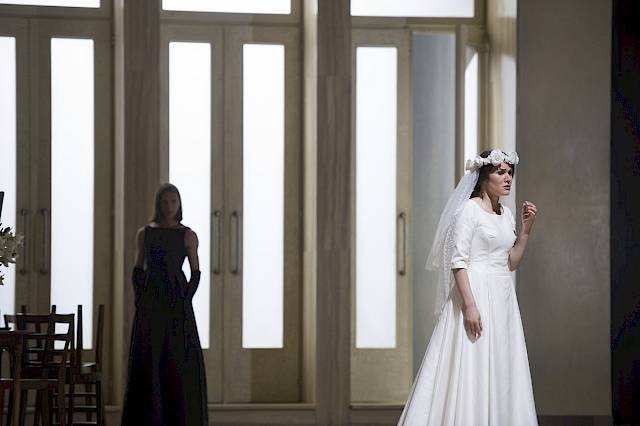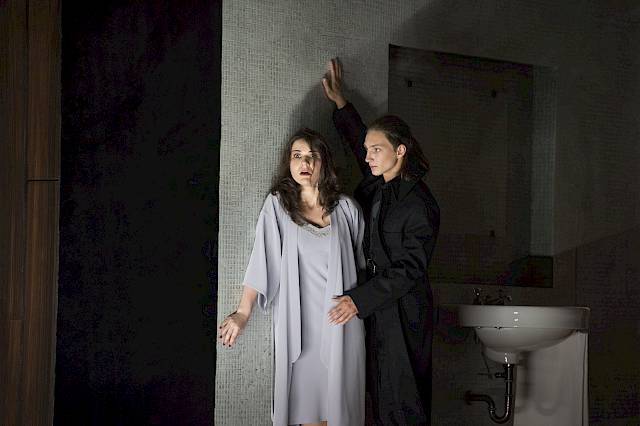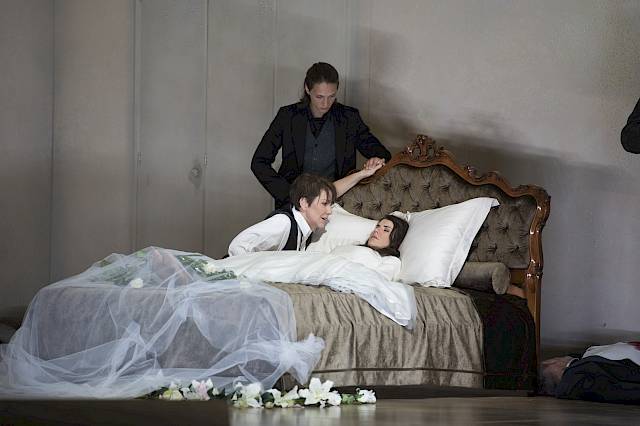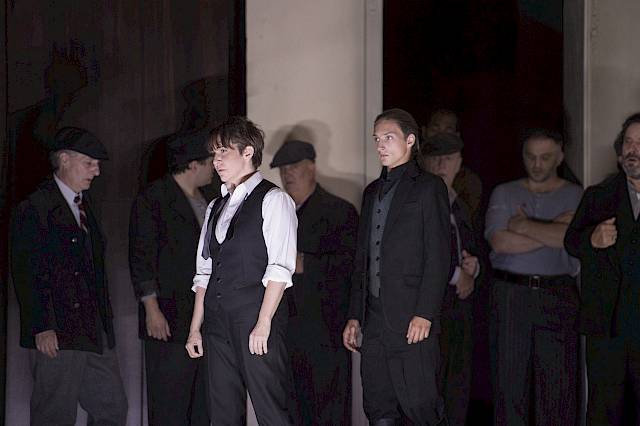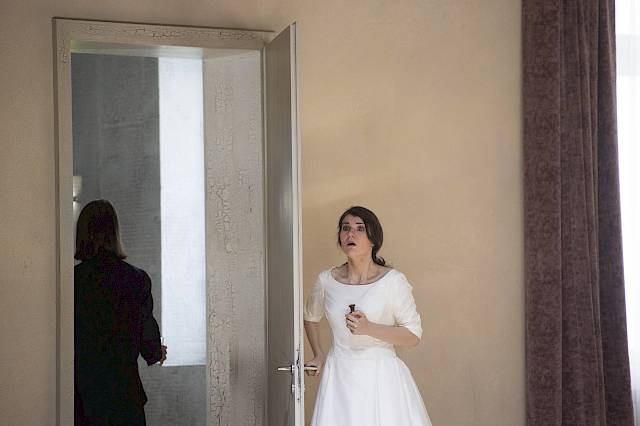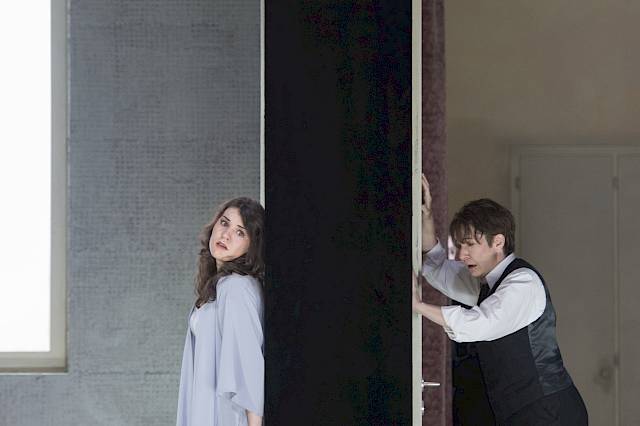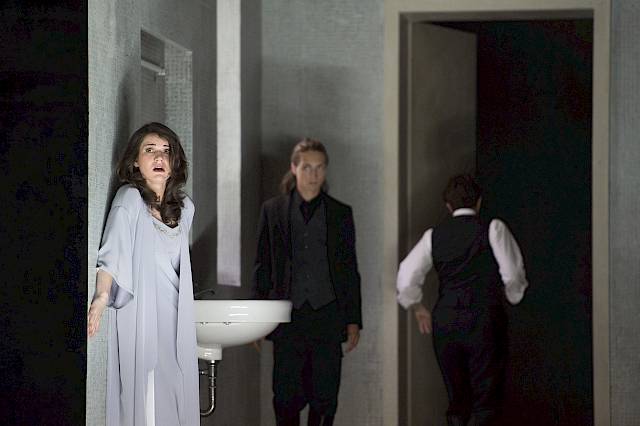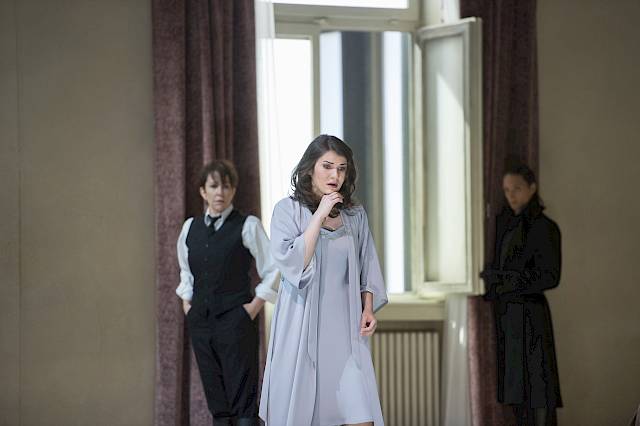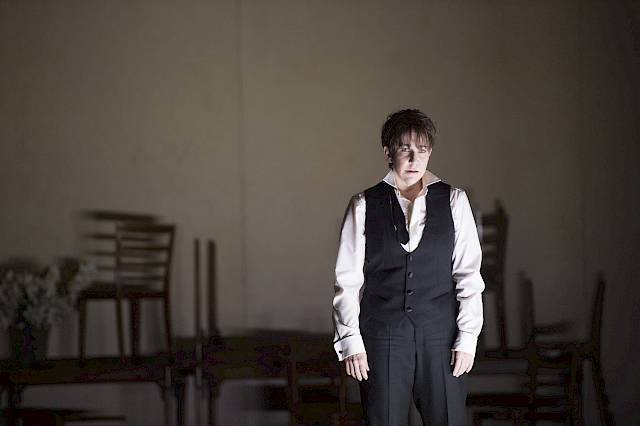Abstract
Vincenzo Bellini’s version of the story of Romeo and Juliet differs from Shakespeare’s in a number of ways. There is nothing in the way of heady first encounters or whispered sweet nothings in the composer’s treatment of the lovers. Their tragic ending is palpable from the first downbeat, and the pair move through the story as if paralyzed. Giulietta especially so, for she is consistently she is torn between staying and going. Her love for Romeo (one of her family’s sworn enemies) and her connection to home and hearth mark her inner struggle.
Vincenzo Bellini combined mesmerizing melodies with a touch of mordidezza to create this crown jewel of the bel canto repertoire, which was premiered in 1830. Richard Wagner, an admirer of Bellini’s, counted the star-crossed lovers’ death scene among the greatest in opera history.
In his highly acclaimed production, director Christof Loy dives deep into darkest corners of his characters’ souls. He updates the action from 13th-century Verona to Italy in the 1950s, reshaping this tragic family feud into a nail-biting mafia thriller. Italian soprano Rosa Feola, no stranger to Zurich’s audiences, will take on the demanding role of Giulietta for the first time. Bellini’s creative output coincided with the end of the age of the castrato, which led to the role of Romeo originally being sung by a woman (for the first time in Zurich: Slovak Jana Kurucova). Appearing as Romeo’s antagonist Tebaldo is newcomer Omer Kobiljak. Conductor Fabio Biondi, who got his start as an early music specialist, gives his long-awaited debut at the Opernhaus.

















